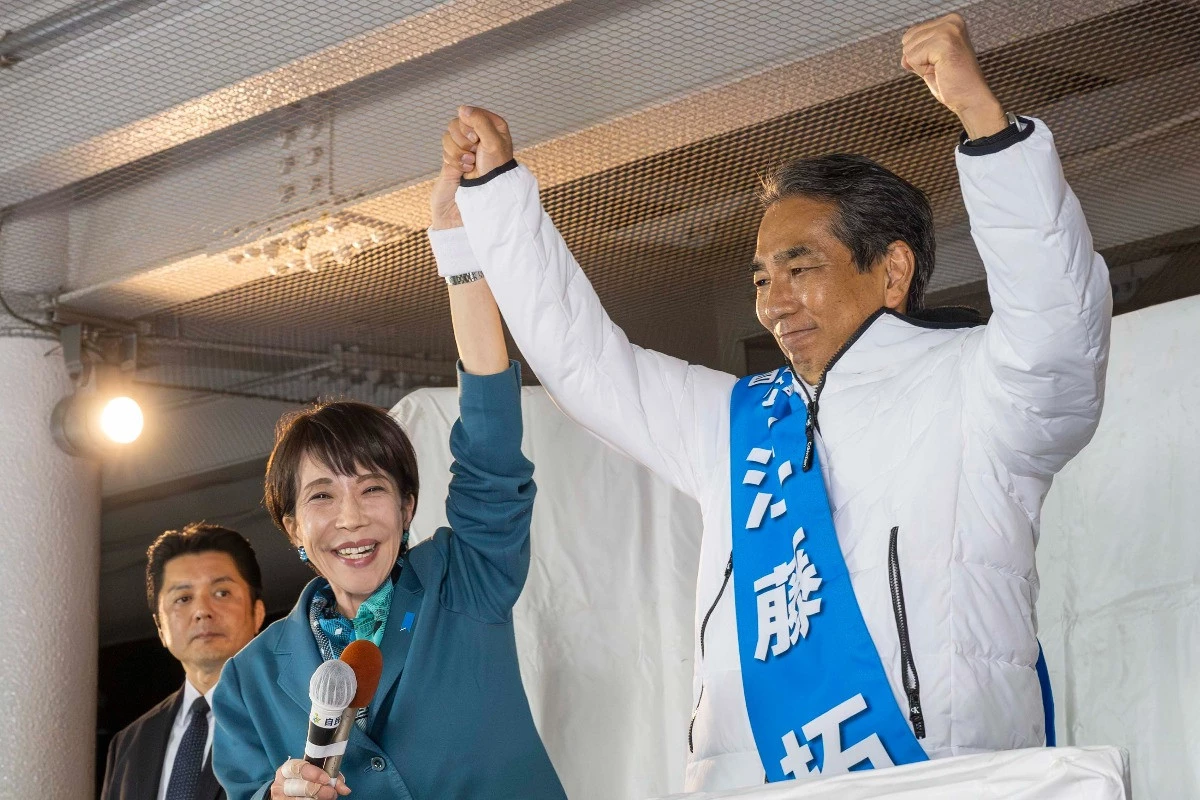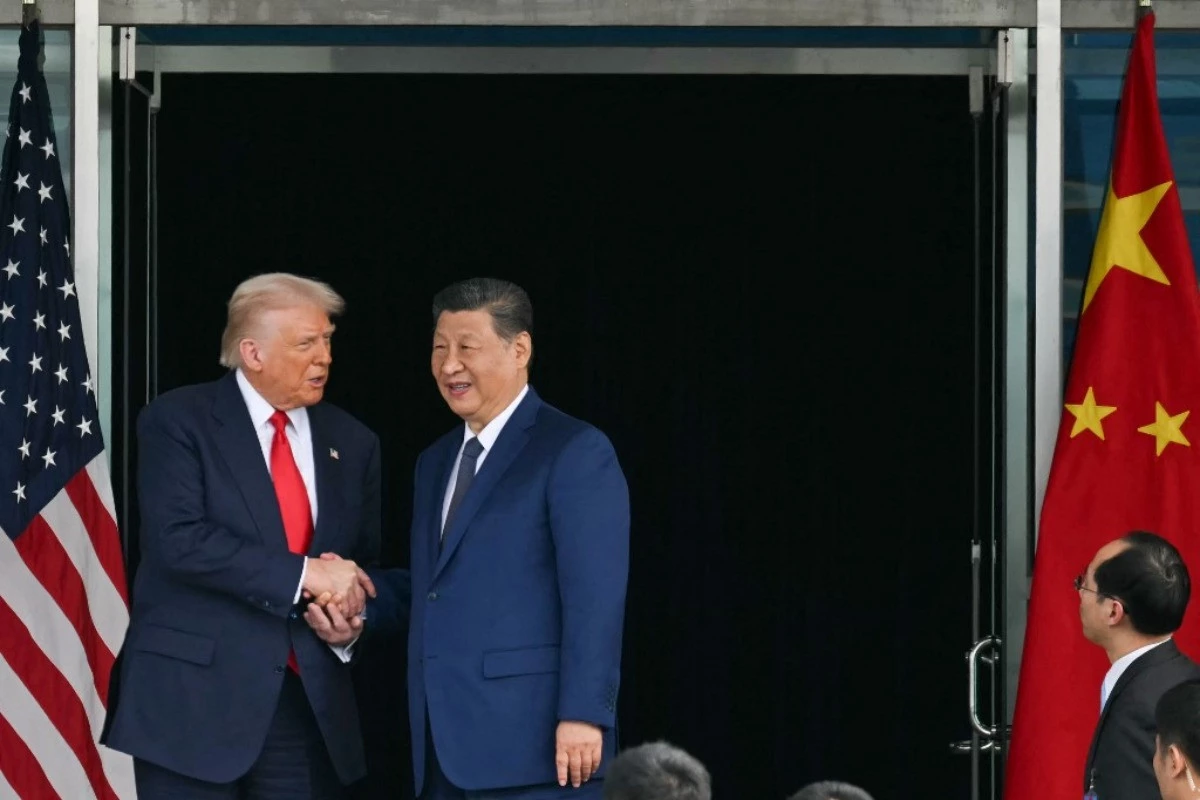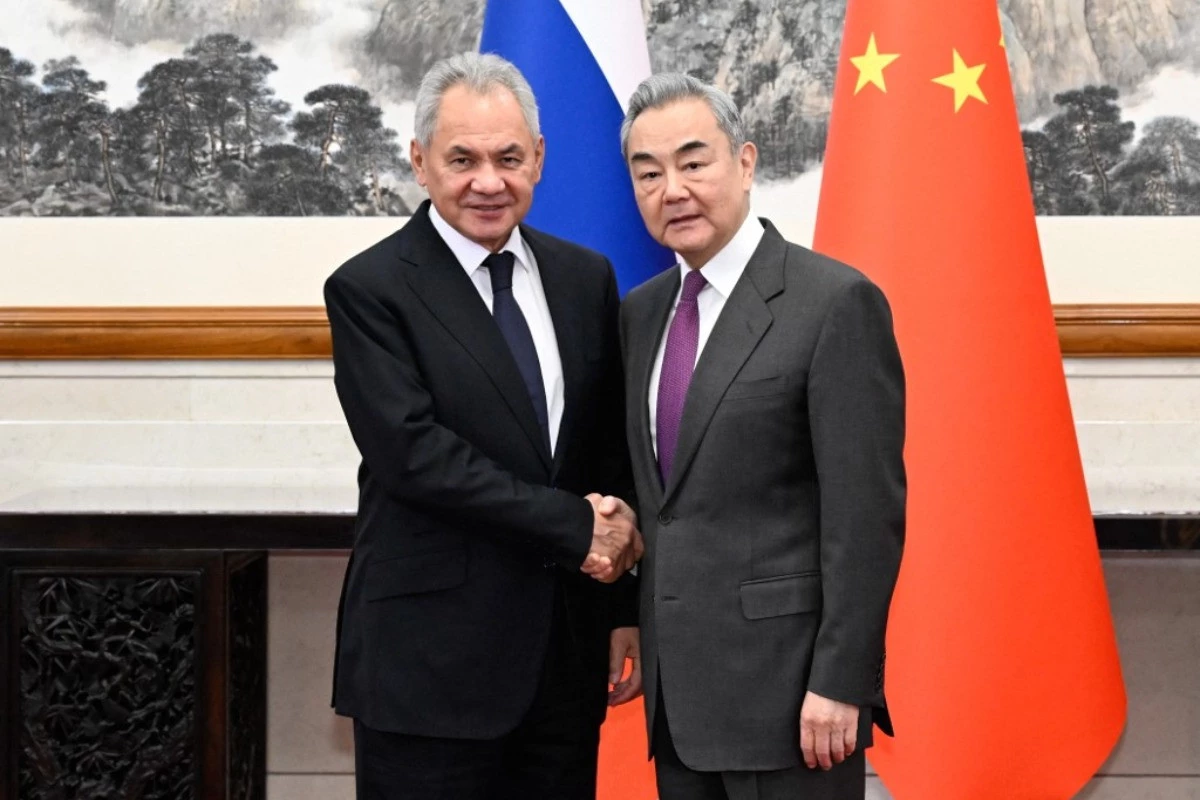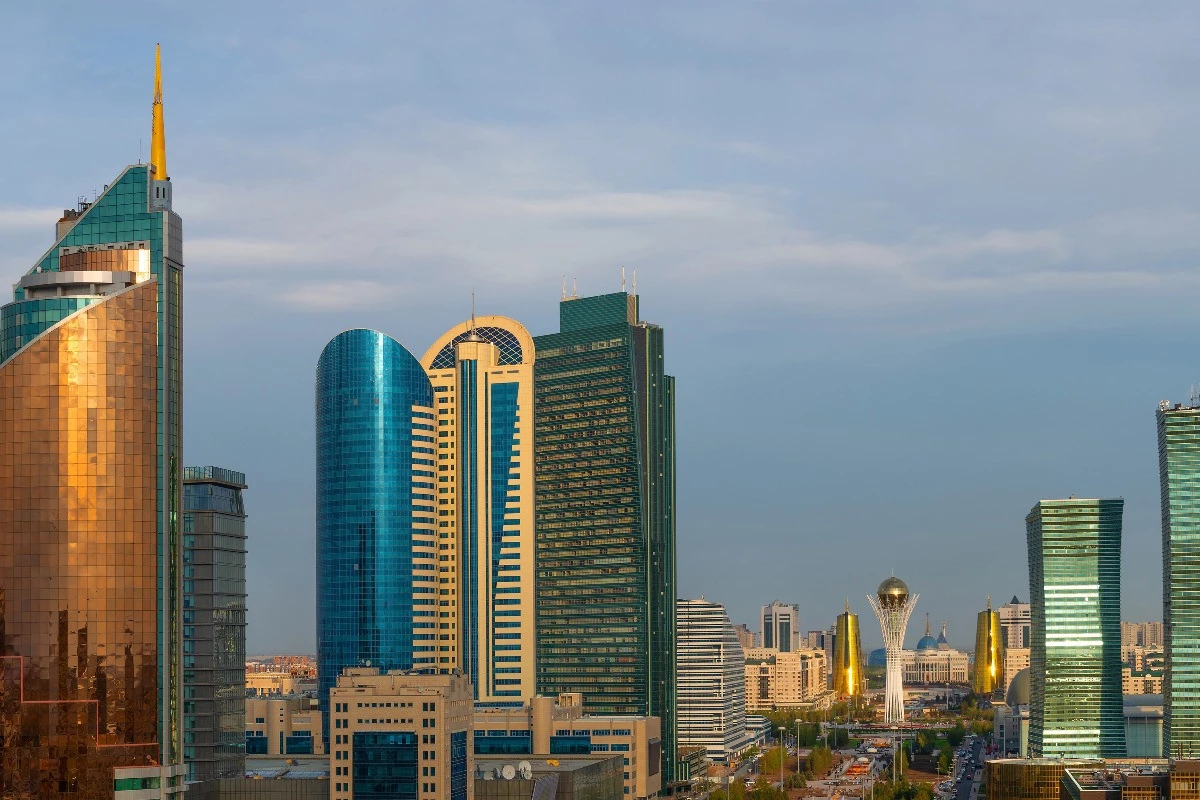“This is a decade of opportunity for Central Asia and Kazakhstan, at the very heart of Central Asia. We see all economic indicators are heading in the right direction. The rule of law scores are heading in the right direction. We have got a wonderful financial center [referring to the Astana International Financial Centre (AIFC)], which, for a foreign investor, provides familiarity and security and trust in the investment landscape, using the financial center to invest in the broader Central Asia region,” said Mark Beer Obe, British lawyer and businessman, a co-founder of the Seven Pillars Law firm in Kazakhstan, in an interview with
The Astana Times.
Opportunities come along with certain challenges, which require delicate balancing from Kazakhstan and the region of Central Asia.
“This is also a decade of complexity. Complexity for Kazakhstan to the north, complexity for Kazakhstan to the east, and then, obviously, a very changing political landscape in the West. The balancing act is going to be to stay open for investment and also to manage the complexity of an ever-changing world. So far, Kazakhstan is doing a fantastic job, as are other Central Asian countries, in balancing opportunity and complexity,” he said.
Speaking of what makes Kazakhstan an attractive investment destination, Beer highlighted stability and trust.
“If you have a problem in Kazakhstan, you have an English language common law system. You have arbitration that you can use, you have a Kazakh language court system that you can use. If you think about an investment decision, we know the opportunities there,” said Beer.
Among promising areas for investment, Beer specifically underscored the financial services sector. He highlighted the importance of the AIFC as a cornerstone for attracting foreign investors, praising its robust court and judicial system featuring judges from around the world. He emphasized the transparency and simplicity of the rules, which are accessible online, and commended the team overseeing the center.
Beer attributed the growth of the financial services sector, a key player in Kazakhstan’s economy, to the establishment of the AIFC just five years ago. Despite its relatively short existence, the financial center has outperformed other international financial centers in terms of business activity, licenses issued, investment attracted, and foreign participation.
Beer asserted the importance of a level playing field and an open investment policy, where individuals willing to contribute to the economy through job creation, tax payment, and adherence to the law are welcomed, regardless of their nationality or ethnicity.



